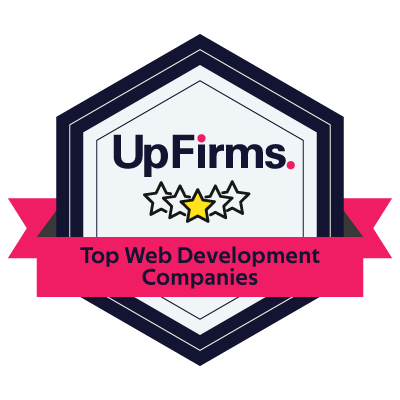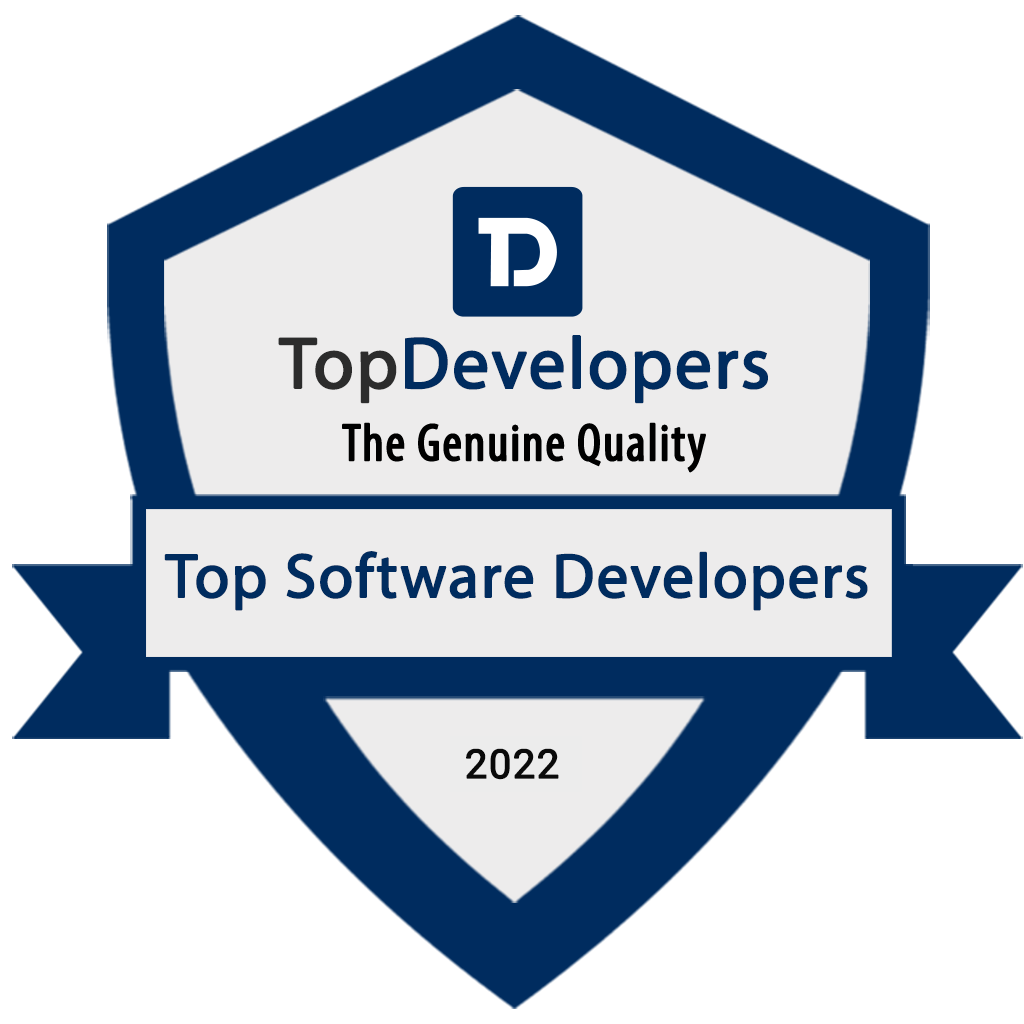Telemedicine Platform for Remote Patient Care: A Case Study
Build a secure telemedicine platform for remote patient care with Zenkins. Enhance healthcare delivery with real-time consultations and HIPAA…
Welcome to Zenkins, where we turn your innovative ideas into reality through our comprehensive suite of services. We specialize in digital transformation, engineering excellence, cloud integration, and artificial intelligence to deliver customized solutions that drive business success.


At Zenkins, our purpose is clear: to drive innovation and empower success through the intelligent application of technology. We are committed to transforming businesses by leveraging our expertise in digital transformation, engineering, cloud integration, and artificial intelligence. Our goal is to help you navigate the complexities of the modern technological landscape, ensuring that your business not only adapts but thrives in an ever-evolving digital world.
Build a secure telemedicine platform for remote patient care with Zenkins. Enhance healthcare delivery with real-time consultations and HIPAA…
Developed by Zenkins using Microsoft tech, this EV Charging Infrastructure Software enhances scalability, security, and real-time monitoring.
Optimize your EV's performance with our advanced Battery Management System solutions, ensuring safety, efficiency, and extended battery life.






Find the best software development company for healthcare startups. Zenkins offers innovative, scalable, and compliant solutions tailored to your…
Top Semiconductor Companies in Dholera, Gujarat: Powering India’s Chip Revolution Dholera, Gujarat, is rapidly becoming one of India’s leading…
Discover the top Semiconductor Software Development Companies in India, including Zenkins, offering tailored, industry-specific solutions for chip design, testing,…

Discover the top 20 .NET Core and AI-related interview questions with detailed answers. Prepare effectively for your next tech…
Learn the complete guide to integrating ChatGPT in .NET Core, from setup to deployment. Enhance your applications with AI-driven…
2023 is here and it's time to brush up your .NET skills! Get ready for your next interview with…
Tailored Solutions, Expert Advice, and Project Estimates Await.
Expect a Prompt Call from one of our Account Managers.
At Zenkins, we bring together a curated network of elite IT professionals ready to elevate your projects to new heights. From seasoned developers to innovative designers, our handpicked talent pool is here to turn your visions into reality. Experience unparalleled expertise, reliability, and dedication to excellence with our team of Elite IT Professionals.
At Zenkins, we understand the importance of global collaboration. That’s why our team is strategically aligned across time zones, ensuring seamless communication and productivity no matter where you are. From brainstorming sessions to project updates, our time zone-aligned approach guarantees that deadlines are met and progress never stalls. Experience the convenience of working with a team that’s always in sync.
At Zenkins, we pride ourselves on our experienced team of professionals who bring years of industry knowledge and skill to every project. From seasoned developers to seasoned project managers, our team has the expertise to tackle even the most complex challenges. With a proven track record of success, we deliver results that exceed expectations.
Zenkins is a leading software development company based in India, specializing in SAAS Product Development, Digital Transformation, and Product Engineering. With a dedicated team of professionals and a commitment to excellence, we deliver innovative solutions that drive business growth and success. Partner with Zenkins for all your software development needs and experience the difference firsthand.
| Cookie | Duration | Description |
|---|---|---|
| cookielawinfo-checkbox-analytics | 11 months | This cookie is set by GDPR Cookie Consent plugin. The cookie is used to store the user consent for the cookies in the category "Analytics". |
| cookielawinfo-checkbox-functional | 11 months | The cookie is set by GDPR cookie consent to record the user consent for the cookies in the category "Functional". |
| cookielawinfo-checkbox-necessary | 11 months | This cookie is set by GDPR Cookie Consent plugin. The cookies is used to store the user consent for the cookies in the category "Necessary". |
| cookielawinfo-checkbox-others | 11 months | This cookie is set by GDPR Cookie Consent plugin. The cookie is used to store the user consent for the cookies in the category "Other. |
| cookielawinfo-checkbox-performance | 11 months | This cookie is set by GDPR Cookie Consent plugin. The cookie is used to store the user consent for the cookies in the category "Performance". |
| viewed_cookie_policy | 11 months | The cookie is set by the GDPR Cookie Consent plugin and is used to store whether or not user has consented to the use of cookies. It does not store any personal data. |